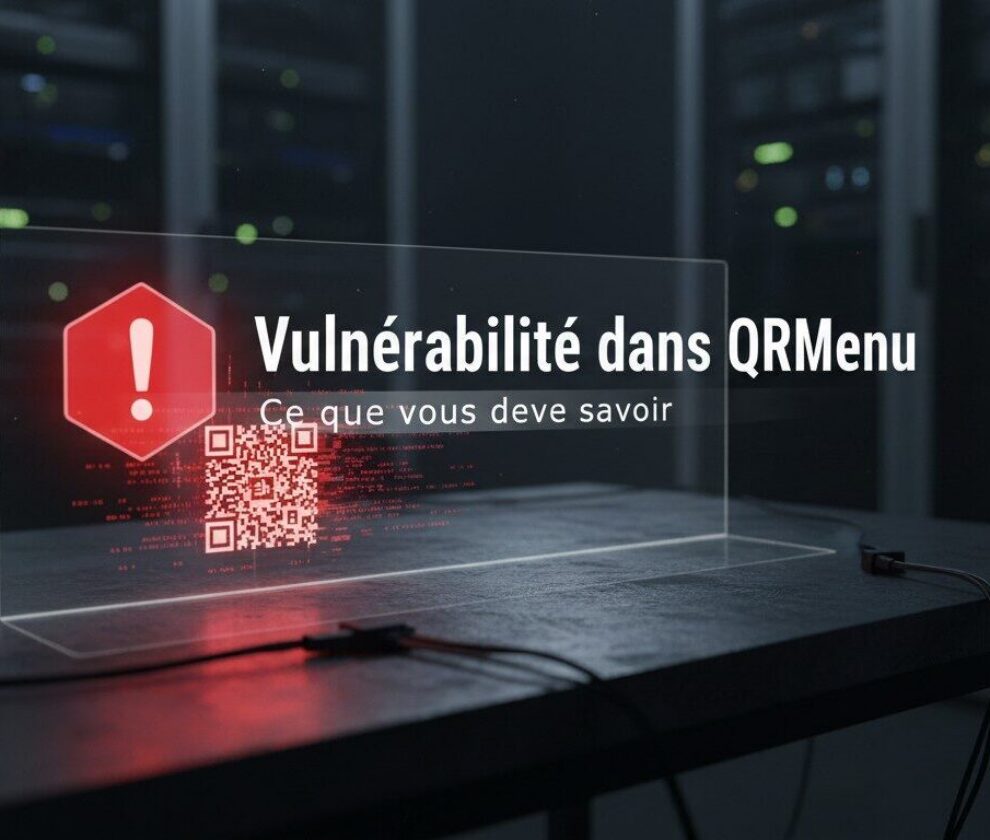In today’s interconnected world, cybersecurity has become a critical priority for businesses of all sizes. With the rising frequency of cyberattacks and increasingly stringent regulations, protecting an organization’s data is vital for ensuring its longevity. In this article, we’ll delve into the essential aspects of cybersecurity for businesses, explore best practices to protect sensitive information, and discuss the tools and strategies available to strengthen defenses against digital threats.
Understanding the Digital Threat Landscape
The digital threat landscape is constantly evolving, requiring businesses to stay ever-vigilant. Cyberattacks can manifest in various forms such as phishing, malware, ransomware, or distributed denial-of-service (DDoS) attacks. Each type of threat poses a unique risk to an organization’s data, making it crucial to comprehend their mechanisms for effective prevention.
According to a recent study by the National Cybersecurity Agency of France (ANSSI), nearly 80% of French businesses have been targeted by a cyberattack in the last two years. This statistic underscores the importance of implementing robust cybersecurity measures and investing in employee training to identify and mitigate potential hacking attempts.
The Role of Regulations in Cybersecurity
Regulations play a pivotal role in enhancing data security. In the European Union, the General Data Protection Regulation (GDPR) enforces strict standards to protect individual privacy and imposes severe penalties for non-compliance. Businesses must not only comply with these regulations but also demonstrate their adherence through regular audits and transparent reporting.
Compliance with regulations like the GDPR can also strengthen client and partner trust. Companies that prioritize data protection are perceived as more reliable and responsible, positively impacting their reputation and competitive edge.
Implementing Best Practices for Cybersecurity
To counter cyber threats effectively, businesses should adopt these recommended best practices:
- Deploy Firewalls: Firewalls are essential tools in preventing unauthorized access to an organization’s network.
- Train Employees: Human error remains a weak link in cybersecurity. It’s imperative to educate employees on recognizing risks such as phishing emails.
- Perform Regular Updates: Keeping operating systems, software, and applications updated eliminates known vulnerabilities.
- Backup Critical Data: Maintaining backups of sensitive data ensures minimal disruption during ransomware attacks.
- Implement Access Controls: Restrict data access to personnel who genuinely need it, minimizing exposure to threats.
Collaborating with Managed Security Services Providers (MSSPs) can also simplify navigating the complex world of cybersecurity for businesses seeking expert guidance and support.
Responding Effectively to Cyberattacks
When faced with a cyberattack, quick and effective action is essential to minimize damage. Key response steps include:
- Isolation: Compromised devices or networks should be immediately isolated to prevent the threat’s spread.
- Notification: Inform stakeholders and, if applicable, authorities like data protection agencies.
- Post-Incident Analysis: Analyze the attack to understand its origin and implement corrective measures to prevent recurrence.
Having a comprehensive incident response plan in place ensures that all employees are prepared to act swiftly and effectively during a crisis.
Leveraging Advanced Technologies
Today’s technological advancements offer sophisticated solutions to enhance data protection. Businesses can benefit from adopting technologies like:
- Artificial Intelligence (AI): Powerful tools for real-time threat detection and response.
- Blockchain Technology: Enables secure storage and management of sensitive data.
- Secure Cloud Services: Partnering with reputable cloud providers ensures robust security protocols are in place.
Proactively investing in these solutions not only reduces cybersecurity risks but also boosts operational efficiency across the organization.
The Role of Expert Partners
At Lynx Intel, we understand that each business has unique cybersecurity needs requiring tailored approaches. Our comprehensive services include security audits, incident management, training programs, and deploying customized technological solutions to safeguard your organization.
With expertise in economic intelligence, we provide strategic advice to protect your digital assets, ensuring your business maintains its competitive edge in an increasingly digital world.
Conclusion
In the modern business landscape, cybersecurity is no longer optional—it’s imperative. By understanding evolving threats, adopting robust practices, complying with regulations, and leveraging cutting-edge technologies, businesses can effectively protect themselves against cyber threats while ensuring long-term resilience.
If you’re ready to elevate your cybersecurity strategy, Lynx Intel is here to help. Contact us today to discover how we can safeguard your digital future.


